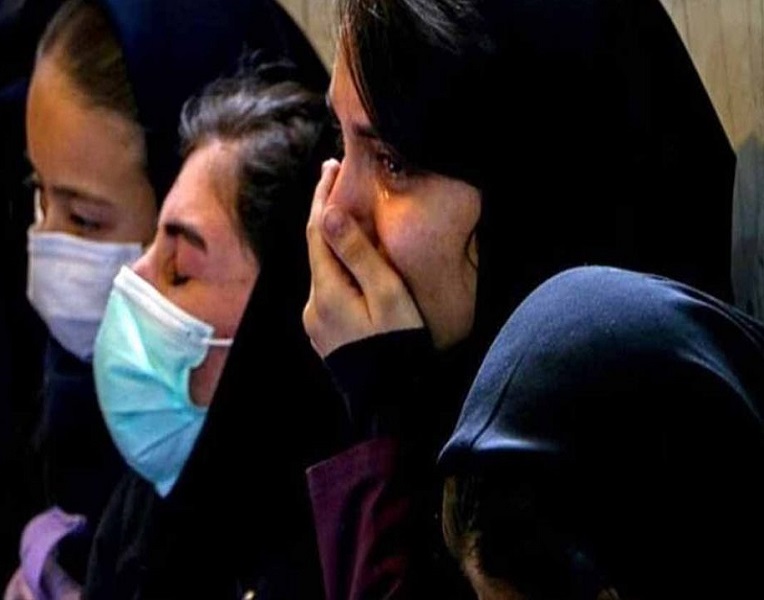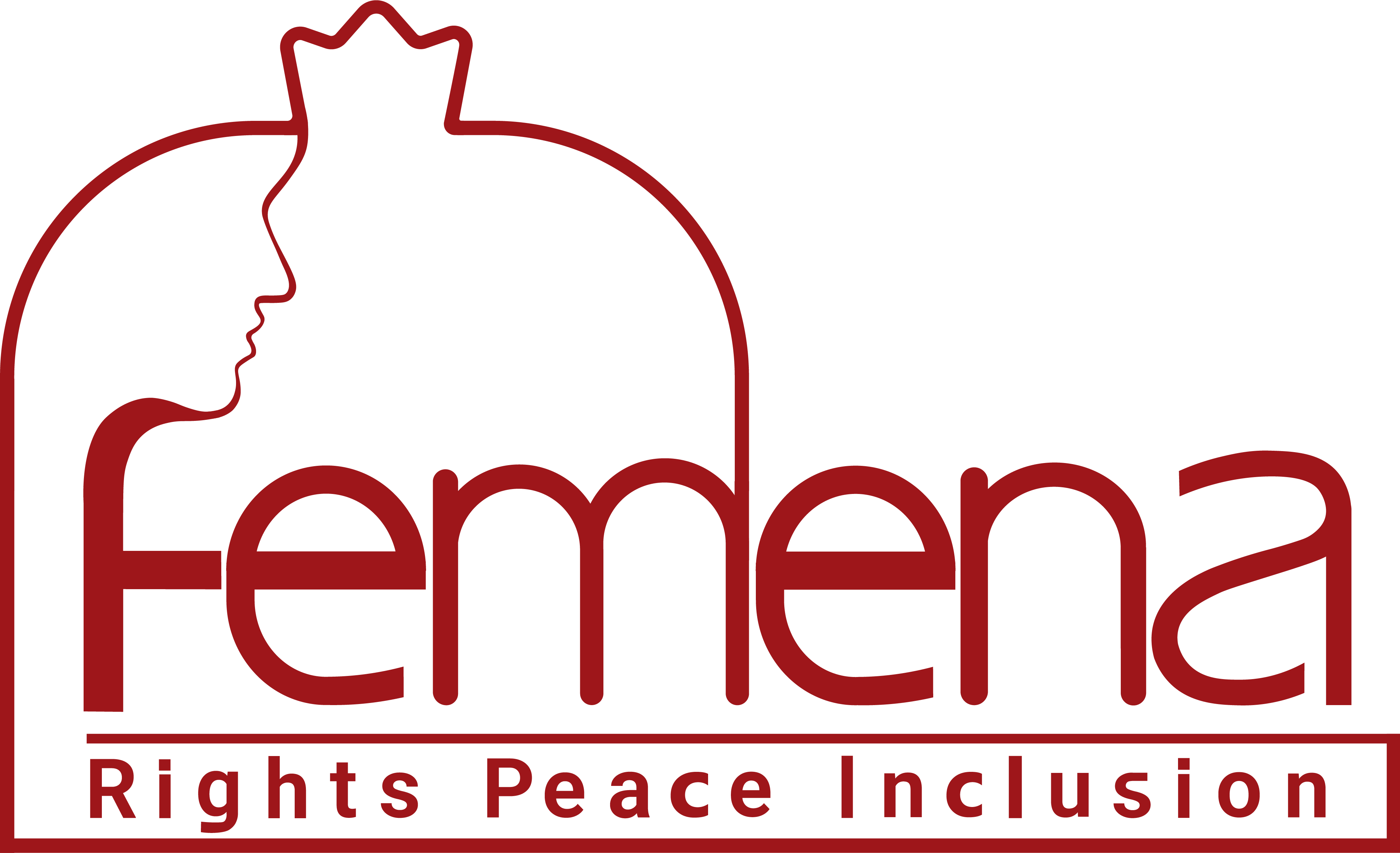
In alarming news, the chemical attacks against schoolgirls in Iran have resumed following their return to the classroom at the end of a break marking the Iranian new year. According to official news, tens of schools have been targeted in the last few days since the start of classes. In fact, in the first two days of school following the break, five schools were targeted in various cities, followed by more attacks in different cities in subsequent days. The provinces of Ardebil, East Azerbaijan, West Azarbaijan, Isfahan, Khuzestan, Kurdistan, and Tehran experienced new attacks in the past few days, resulting in the hospitalization of a number of poisoned students. Since the start of the chemical attacks in November 2022, a number of governmental fact finding committees and task forces have been established, but none have provided satisfactory responses to the urgent questions and concerns of worried parents, vulnerable students, teachers and the general public about the motivations behind the attacks, the identity of those carrying them out, the types of chemicals being used to poison school girls and the short or long term harm that impacted students may face as a result of exposure to the chemicals. While the majority of chemical attacks over the last 4 and half months focus on girls’ high schools, a few women’s college dormitories as well as a few boys’ schools have also been targeted for chemical attacks.
Over the last eight months and during the “Women, Life, Freedom” movement, the world watched in awe, as brave and passionate teenage girls boldly took off their hijabs, demanded bodily autonomy and joined anti-government protests in the streets. These images have sadly been replaced by shocking pictures of Iranian schoolgirls in life threatening situations, gasping for air, wearing oxygen masks and struggling to breathe in hospital emergency rooms. Many observers believe these attacks to be retaliatory acts against girls for their active role in recent anti government protests.
Serial chemical attacks targeting thousands of school girls began in November 2022, with an attack against Nour high school on November 30, in the religious city of Qom, followed by an attack on December 13, against female students in a school in Ardabil province. By February and early March 2022, chemical attacks on girls’ schools had been reported in over 13 provinces.
Early reports were sparse on the details of the chemical attacks and only indicated that female students had experienced poisonings without further information outlining the reasons. After more schools in other provinces reported similar incidents, the Deputy Minister of Health was the first official to acknowledge the crisis. On February 26, 2023, he explained that “there were individuals who were looking to close down schools, especially girls’ schools.” He didn’t however provide any information about the attacks themselves or the identity of those responsible. It was after this statement that the attacks were widely recognized as intentional attacks targeting girls and their right to education.
In response to demands of concerned parents, teachers and citizens, who have protested the wave of attacks against female students, authorities have set up multiple fact finding bodies to investigate the incident and have promised to punish fully those responsible. At the same time, officials have provided little satisfactory information about how attackers have obtained chemicals or accessed schools which are difficult for ordinary citizens to enter. By calling the attacks a combined war against Iran and blaming them on anti-government protesters, and even students themselves, authorities are playing a blame game that is difficult for the public to believe. Authorities have also irresponsibly dismissed the severity of the attacks and the harm they have caused school children. They have instead claimed that only 10% of those reportedly harmed by chemical attacks, were suffering from real health symptoms, and have attributed symptoms by the remaining students to anxiety and hysteria.
On march 7, In its third official statement on the matter, the Ministry of the Interior reported on the arrest of a number of individuals in 6 provinces and claimed that some of them had criminal records, including records related to their engagement in recent anti-government protests and relations with anti-state media outlets based outside the country. One of those arrested, according to this statement, was a student.
The renewal of these attacks over the last few days demonstrates that despite promises, authorities have failed or are otherwise unwilling to take concrete and serious steps to protect schools and children from the spate of chemical attacks. Iranians are taking note of this inaction, especially since police forcefully raided schools throughout the “Women, Life, Freedom” uprisings to arrest students, transferring them to juvenile detention centers and even so-called “psychological camps” without informing their parents.
- We at Femena express our serious concern about the chemical attacks and condemn the systematic and organized targeting of school girls and university students in dormitories. We remind the Iranian authorities that they are responsible for protecting the right to education for girls, which is a basic and fundamental human right, recognized in the Iranian constitution as well as by international law.
- We urge Iranian authorities to immediately and urgently take all steps necessary to identify and prosecute those responsible for the chemical attacks on girls’ schools, whether those individuals are associated directly or indirectly to state bodies or whether they belong to conservative constituencies with close ties to the state.
- Femena also calls on the UN to independently investigate this ongoing crisis. Representatives of UNICEF and the World Health Organization in Iran, should immediately and in line with their mandates, meet with relevant government officials, especially those at the Ministry of Health, and demand to be informed of the results of investigations. In the absence of transparency on the part of the Iranian government, UNICEF and WHO should take immediate steps to inform the public about the chemicals used against school children and provide accurate and impartial details about the effects of these attacks on the physical and mental health of school girls.
- Specialized health bodies and organizations such as the Iranian Medical Council and the Iranian Psychological Council should actively provide accurate and professional information to families and provide them with the support necessary so they can deal with the crisis and reduce the stress and anxiety of their children.
- Furthermore, Femena encourages teachers and schools to set up distance online learning programs in Iran, to allow for students who are staying away from school out of fear, the opportunity to continue their education, until the criminals responsible for these attacks are identified and arrested.
- In conclusion, we at Femena, express our heartfelt solidarity and support for all the women and girls who have boldly taken steps to express their demand for bodily autonomy and integrity. We remind our Iranian sisters that they are not alone. In fact, Iranian women, like many women and girls around the world, have been forced to engage in a difficult and daily struggle to gain control over their own bodies. We do believe that women will eventually be victorious in this struggle, it is just a matter of time.

